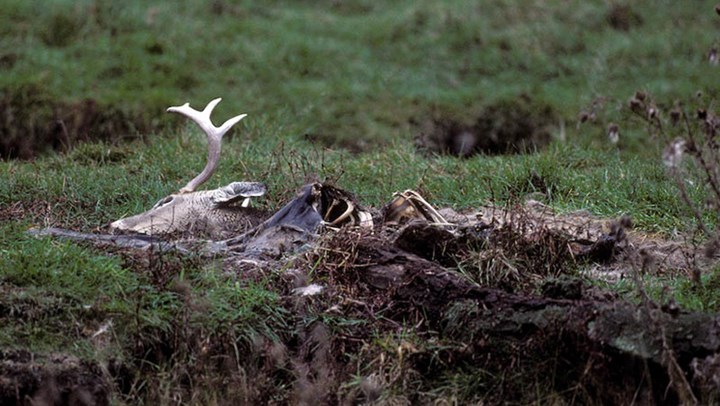
by Michael G. Sabbeth - Thursday, October 13, 2016

Anti-hunters accuse hunters of lacking compassion, of being heartless uncaring murderers of beautiful animals. These accusations are among the most vicious in our hypersensitive culture, comparable to saying someone is a racist or doesn’t recycle. Hunters’ neck hairs stand up like striking cobras as they try to fend off the assaults. “My money preserves habitat; my money manages game animals! I care!” they soulfully cry out. Hunters are correct—yet they lose.
I have seen pro-hunter/pro-firearms debaters who are far more intelligent than their opponents lose such debates. We hunters have the facts, logic and morality on our side, so why do we lose? Because most hunter advocates have not learned this important skill: how to fight back by evaluating the consequences of anti-hunting policies using the language of the attackers. When we use this technique, we undermine the attacks and turn the tables on the attackers.
Do hunters lack compassion? An examination of three situations shows conclusively that hunters have compassion and anti-hunters do not.
What can we learn? Increased animal deaths stemming from overpopulation, poverty and poaching and the loss of revenue that hunters provide all result from anti-hunting policies. However, more profound lessons can be learned. Compassion, born of Latin roots, has two components: a feeling of sympathy for another coupled with a desire to alleviate the suffering. Compassion, then, requires both empathy and a desire to act on that empathy. "Increased animal deaths, poverty, poaching and revenue loss result from anti-hunting policies."
You see the problem with compassion? Compassion—a noble concept in theory—is easily abused and manipulated because it does not require anyone to do anything! You can be judged as compassionate based on feelings alone. Compassion can be morality on the cheap. As Aristotle wrote, “It is easy to be moral in your sleep.”
My key point: Hunters are accused of lacking compassion because they kill animals—all while anti-hunters smugly view themselves as compassionate despite a disregard for the destructive real-life consequences of their actions and beliefs. In the examples above, more animals died—and more animals will die—as a direct consequence of the so-called compassion of anti-hunting pressure groups.
Remember: The anti-hunter does not care. Reality and truth are irrelevant. Feeling good is more important than doing good. Merely keeping animals alive is the measure anti-hunters' of compassion for animals.
Hunters possess true compassion. We simply need to make the best arguments to show why we must win the debate.
Editor's Note: Michael G. Sabbeth is a lawyer in Denver, Colo., who lectures regularly on ethics and rhetoric. The author of "The Good, The Bad and The Difference: How to Talk with Children about Values," he is currently working on the book "No More Apologizing! Arguments to Defend and Advance Hunting and the Shooting Sports."
E-mail your comments/questions about this site to:
[email protected]
